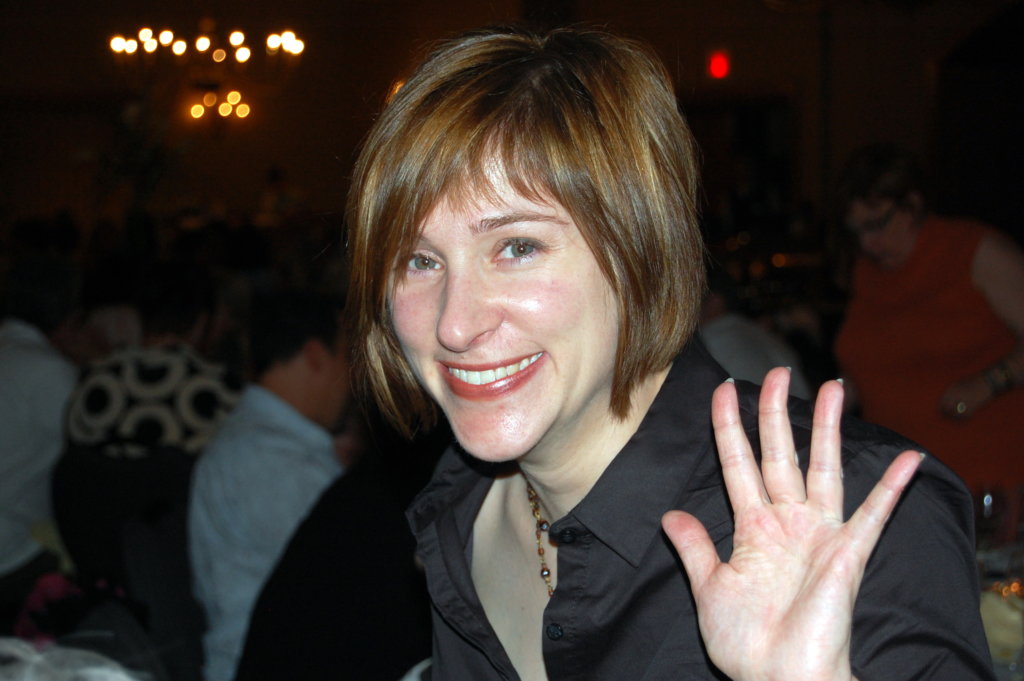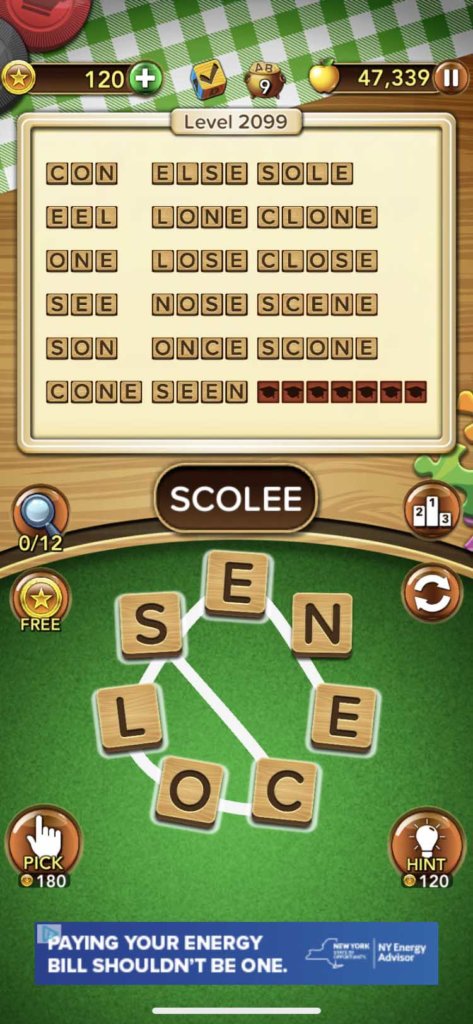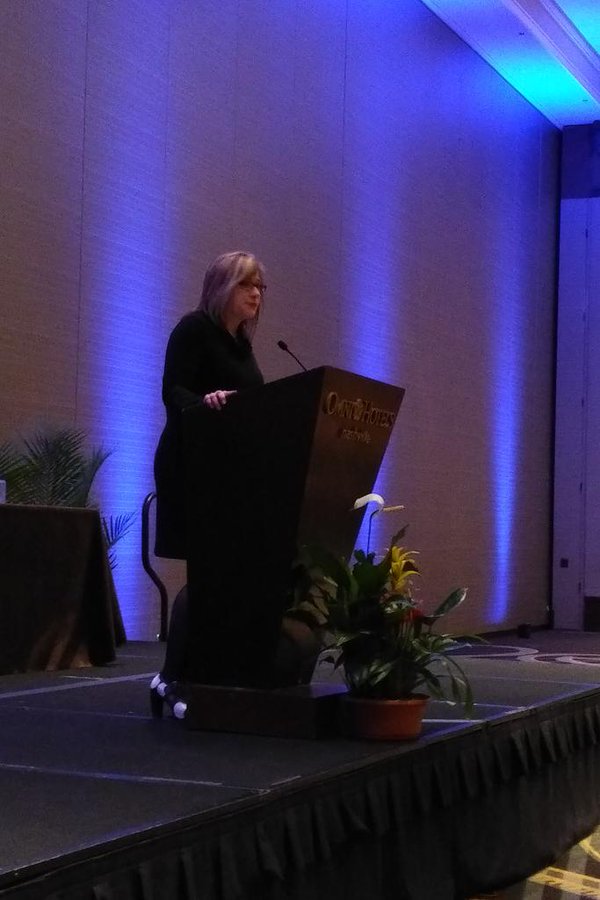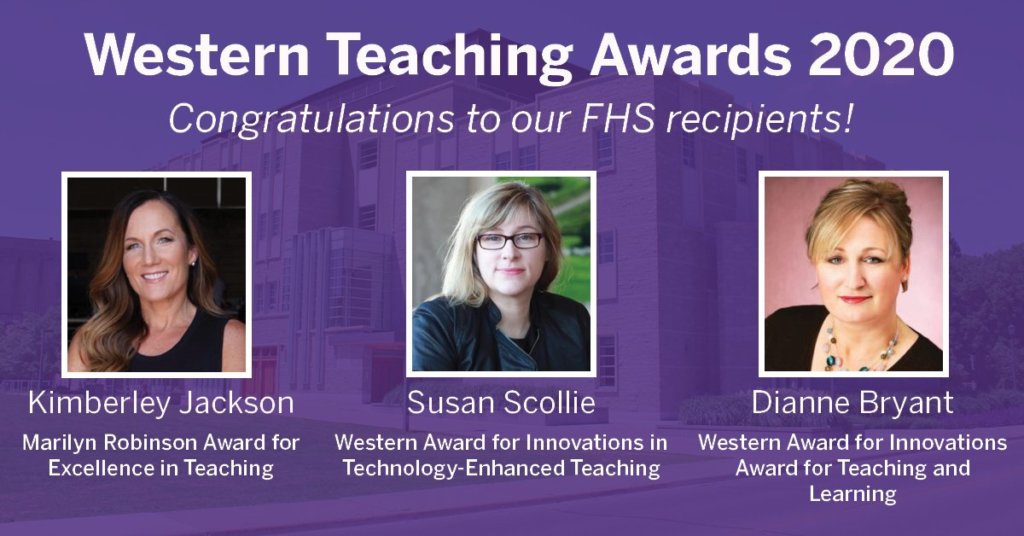The meaning of Susan Scollie [ska:li]

The verb “to Scollie” is defined in the Dictionary of Seewald Language (DSL) as “to get things done” as in ‘will you please Scollie this article for me?’. The implication is that Susan Scollie will correct any errors in the article and do it quickly without hesitation. The etymology is not clear but it is possible that “Scollie” derives from the Latin word skollus (second declension), meaning “getting things done” (circa 2nd century), with alternative spellings in some early texts including Dante’s Paradiso of “skoly” and later, “scoli.”
The noun “Scollie” however, is much more difficult to define. Susan Scollie is a mentor, a friend, a researcher, a thinker, and a doer in the field of pediatric audiology. And Susan is a dedicated educator and coach for early-career Audiologists. There is some debate on whether “to Scollie” in its infinitive form is a cognate variant of “to Seewald” but it is thought that, while these two terms are related and have many similar properties, they have different meanings. Linguistic scholars feel that Scollie is a more recent term, although both can be used interchangeably in most syntactic and semantic situations.
This issue of CanadianAudiologist.ca is proud to be able to celebrate the life’s achievements of Dr. Susan Scollie. When her colleagues were surreptitiously asked to contribute an article, they only had to be asked once before immediately agreeing. Of course, they needed a bit of reminding from time to time; after all, they are mostly academics and, I suspect, may have a few other things on their plates.
Years ago, as a community-based audiologist, I was asked to write a letter to Susan’s Dean when she came up for tenure, it was the shortest letter I could have written. Instead of writing reams about her accomplishments (which would have been easy to do), I essentially said that she should receive tenure and why you are asking me such an obvious and stupid question. Not sure that her Dean liked that, but she did receive tenure!
So, read on to see what her many colleagues think of her. Thank you Susan, for who you are and what you do. You are very much loved and respected.
Marshall Chasin, AuD., Editor in Chief
Steve Aiken, PhD, Associate Editor.





